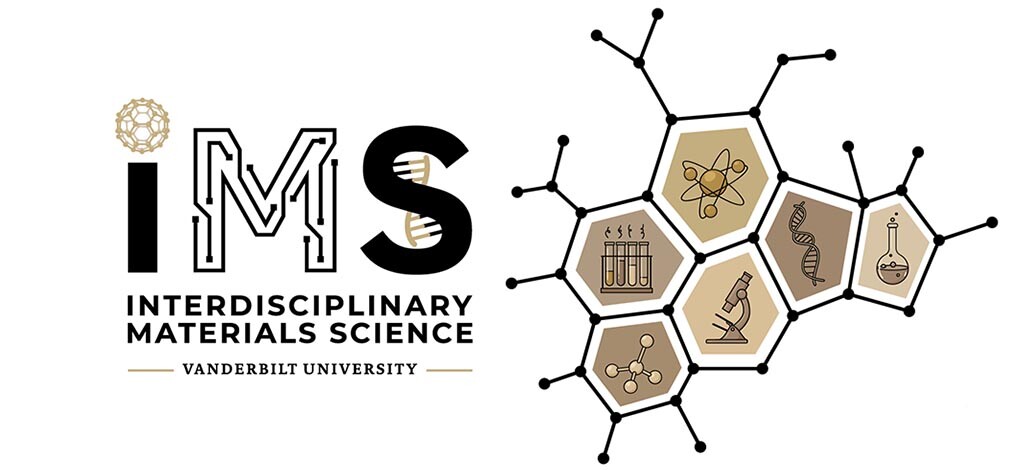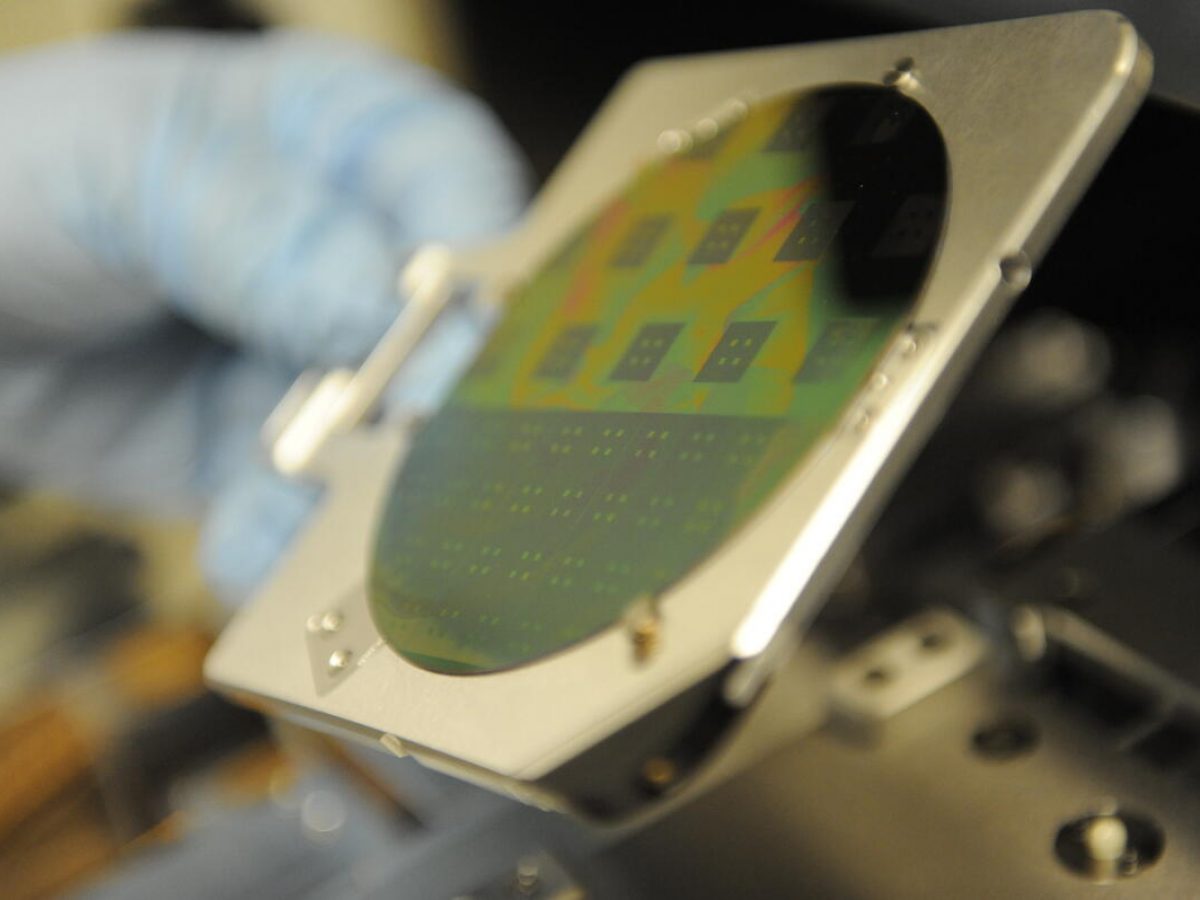Program Overview
The Interdisciplinary Materials Science (IMS) program at Vanderbilt University offers a unique opportunity to design a master's or Ph.D. program that satisfies a graduate student's individual interests. With over 40 full-time faculty members involved in the program and an individually customized curriculum, many options are available to students who desire an advanced materials science degree. Hands-on research opportunities are possible owing to the extensive infrastructure at Vanderbilt for materials processing and characterization. A long history of collaboration between the Vanderbilt IMS program and the Oak Ridge National Laboratory provides the graduate student with exposure to truly state-of-the-art equipment and interaction with world-class scientists. Competitive stipends are available for qualified students to provide for a comfortable financial setting during the IMS graduate degree program.
Research
 Materials advancements improve the standard and the quality of living. They are indeed the underpinning of the development of new technologies. In today's sophisticated and complicated climate, continued advancements in materials demand intimacy among a variety of disciplines. In this arena, there is extensive collaboration in both the teaching of and research in materials science.
Materials advancements improve the standard and the quality of living. They are indeed the underpinning of the development of new technologies. In today's sophisticated and complicated climate, continued advancements in materials demand intimacy among a variety of disciplines. In this arena, there is extensive collaboration in both the teaching of and research in materials science.
IMS Research Focus Areas
Graduate Degree Programs
Finding your own course of study and research within a university's existing programs can be difficult. You might have solid math and science skills as an engineer, but your interests lean more towards an entrepreneurial or civic-minded direction. In IMS, you can tailor your own PhD program from a wide variety of courses that span the educational spectrum. Our interdisciplinary approach allows students to interface and collaborate with professors and faculties from Chemistry, Physics, School of Medicine and all engineering departments. Through VINSE, the Vanderbilt Institute of Nanoscale Science and Engineering, IMS students and faculty have access to a state-of-the-art cleanroom, advanced imaging and nanofabrication facilities. Whether it's new Commented materials and energy sources or modeling and simulation, our work is fueled by the freedom our researchers have to work across disciplines and collaborate to find new solutions to some of society's most pressing problems.
Undergraduate Degree Programs
Two undergraduate options involving materials science and engineering are available. Students pursuing a B.S. in engineering science may choose a program concentration in materials science and engineering. This option requires the student to take MSE 1500, 1500L, and 2500, and other materials science and engineering elective courses to complete their 27 hours of engineering program electives. Students pursuing a B.E. in an engineering discipline can earn a minor in materials science and engineering. The minor in materials science and engineering provides the student with an understanding of engineering materials. It complements and adds to the student’s major in one of the engineering disciplines, exposing the student to an interdisciplinary approach to problem solving.
Latest News
Faculty
Interested? Start by checking out the faculty and the exciting research they do.
